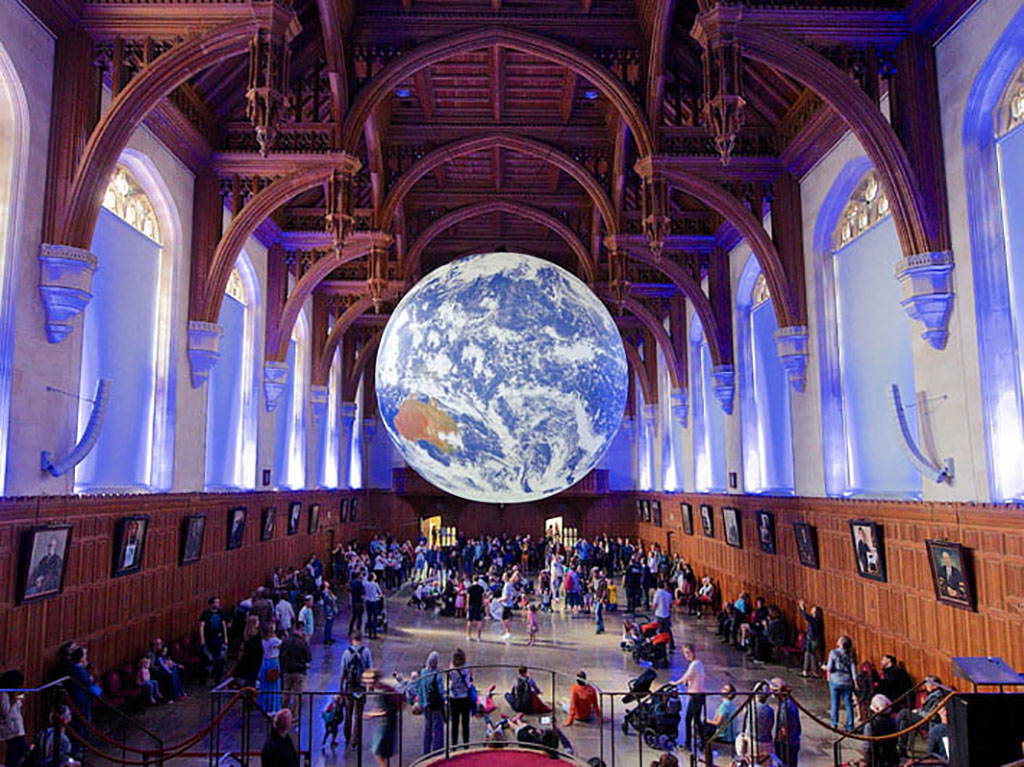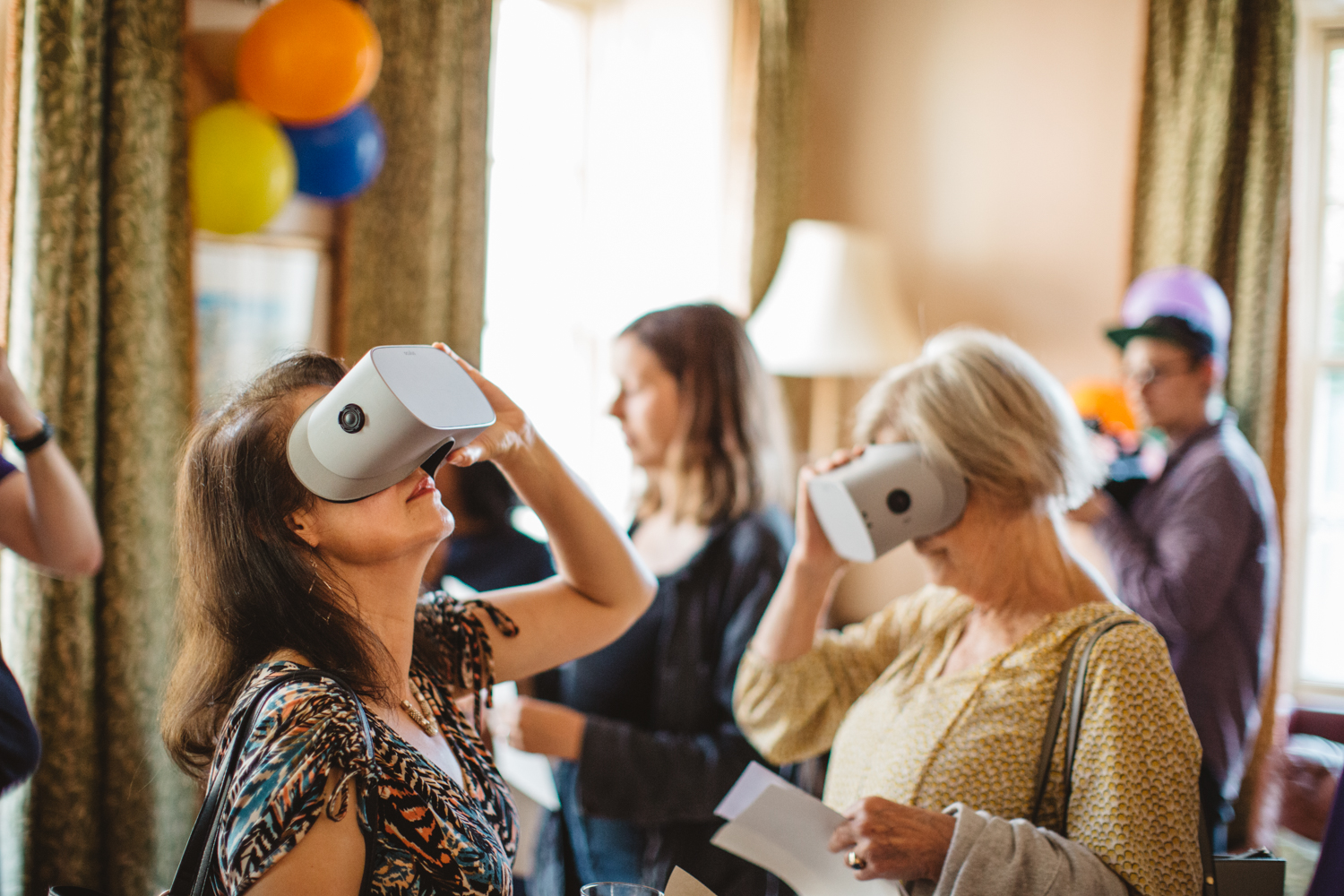What do we mean by public art?
Public art at the University of Bristol is art that everyone can enjoy or take part in. We recognise the value of new and many forms of public art, be it a permanent sculpture, a temporary installation or a fleeting performance. What unites all of our commissions is that they have been developed in a spirit of collaboration; between artists, staff and students at the University and the city.
Much of our public art moving forward will have a strong focus on city-wide engagement, discussion and dialogue. We endeavour to seek new ways of speaking with a new generation of artists and audiences.
Public art can impact on all our lives, from the global to the personal; from raising awareness of the global challenges that we all face to understanding more about our own place in the world. We believe public art is at its best when it supports a sense of community and stimulates debate.
Our Public art strategies, written by art advisors the Contemporary Art Society outline the guiding principles for The University’s public art programme.
On this website, the University’s public art projects and artworks are categorised as:
Permanent Artworks Contemporary artworks that are sited around the campus. These have either been commissioned by the University via the Heritage and Public Art Committee or acquired due to a specific connection to the work of the University. These artworks are all publicly accessible and are marked on this Art Map.
Temporary Projects A wide variety of collaborative projects involving artists working within and beyond the University community, including on artist residencies, temporary exhibitions and events.
The forms of public art we commission are as varied as the range of artists’ practices today. We champion experimental approaches to art making, and when commissioning new public art consideration is given to a broad range of work. The artworks featured below are examples of the kinds of current practices that inspire our programme – they are not University of Bristol commissions.
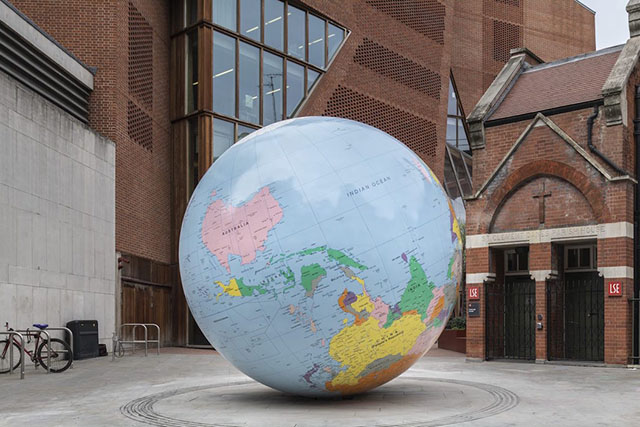
Feature sculpture
Mark Wallinger, TheWorldTurnedUpsideDown. Photo: Damian Griffiths. Courtesy Contemporary Art Society
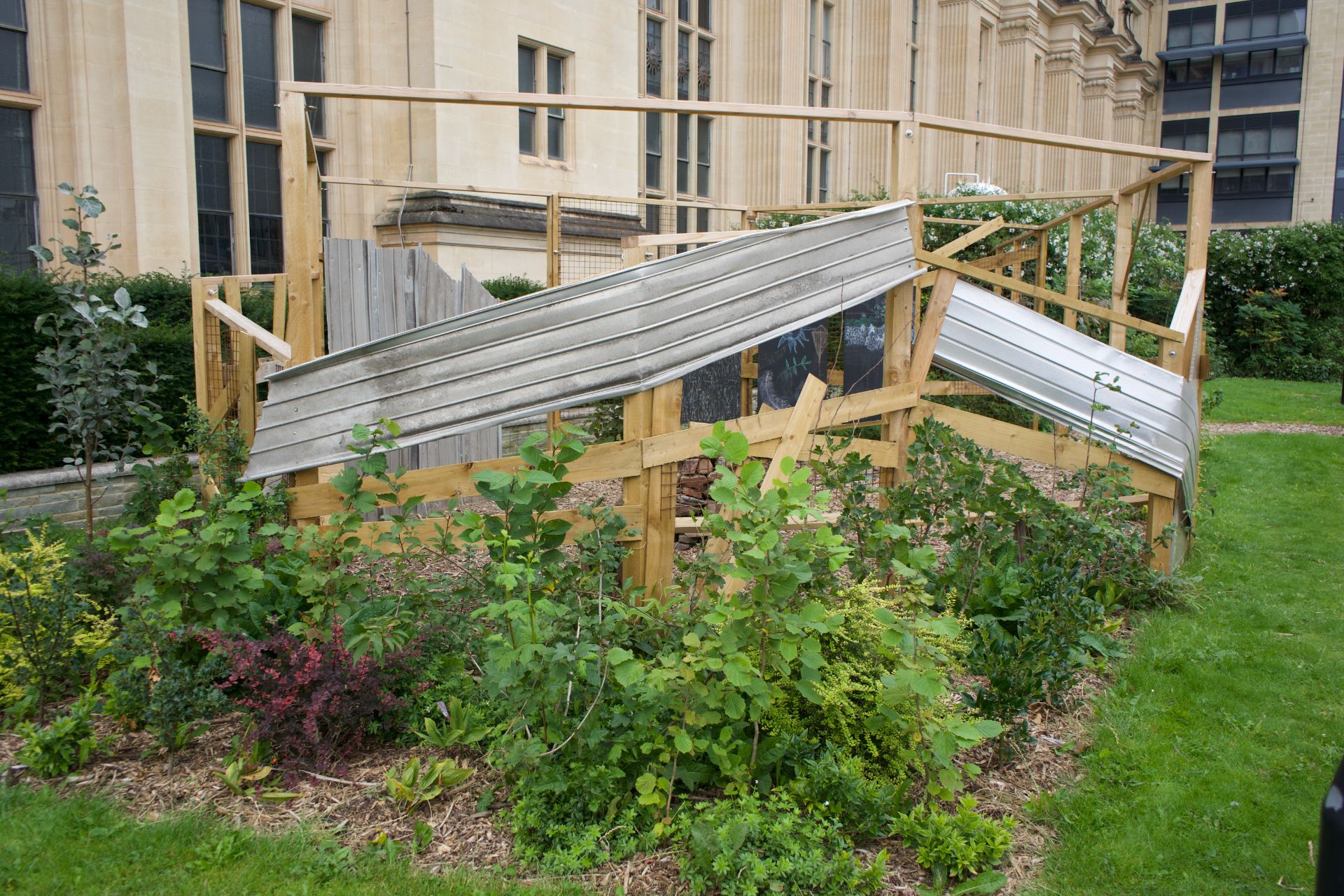
Pavilions and event spaces
(de)Bordering, Paul Hurley and Charli Clark. Photo: Nariman Massoumi
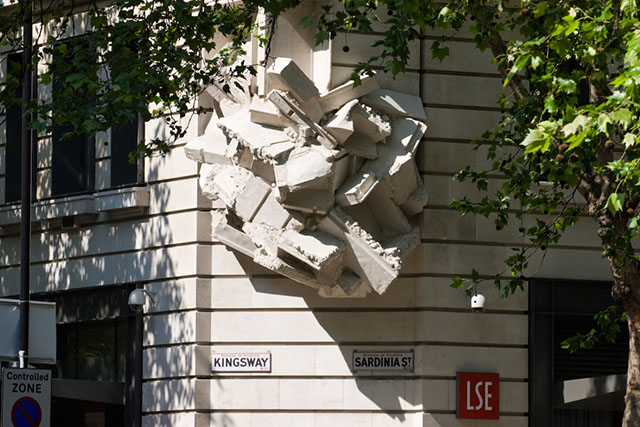
Architectural interventions
Richard Wilson, Square the Block. Photo: Matthew Blarney. Courtesy Contemporary Art Society
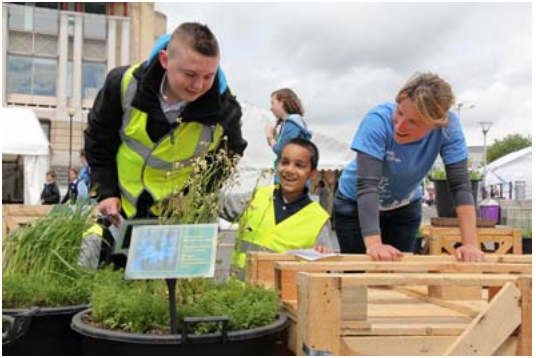
Participatory programmes
Seeds of Change: Growing a Living History of Bristol. Photo: Kamina Walton
Land interventions
Winter and Hoerbelt, Pixel Wall Photo: Jo Underhill Courtesy Contemporary Art Society

Murals and street art
Roa, Giant Squid. Photo: Duncan C, Creative Commons BY-NC 4.
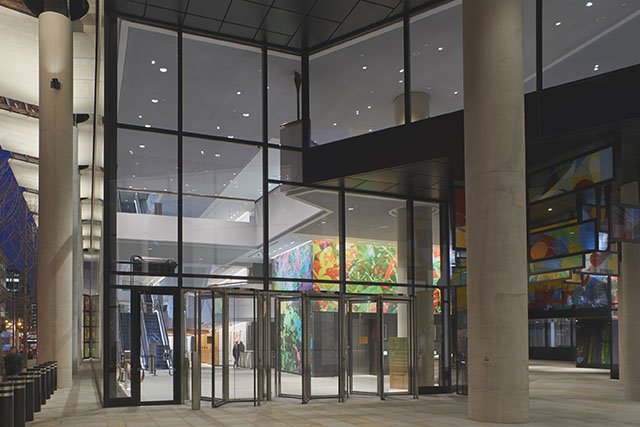
Animated frontage
Karine Laval, Heterotopia. Photo: Andy Keate, Courtesy Contemporary Art Society
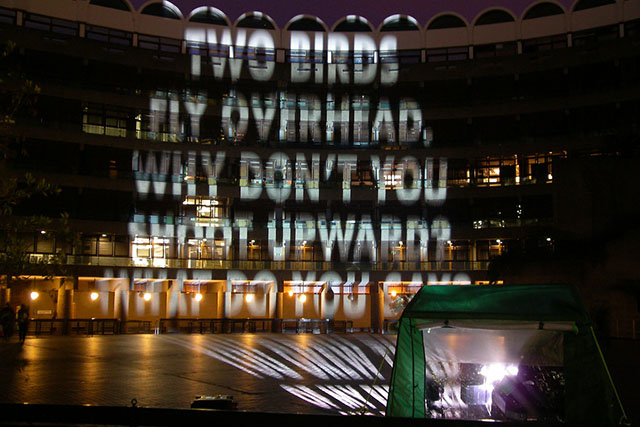
Lighting and projection
Jenny Holzer, For London. Photo: Phil Gyford, Creative Commons BY-ND-ND 4.

Facade treatments
Photo: Creative Commons CC0
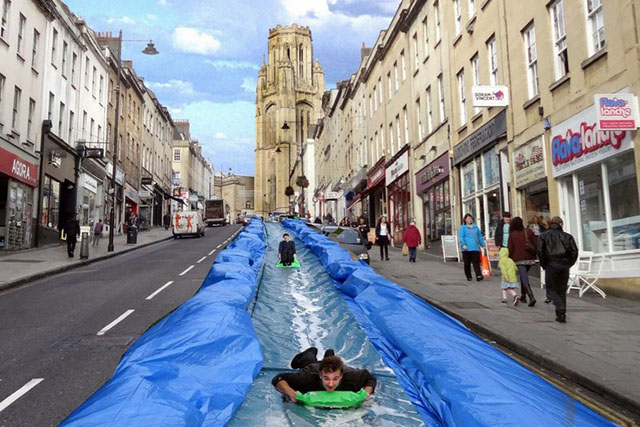
Performance and activation
Luke Jerram, Bristol Park and Slide Project. Photo: Paul Townsend
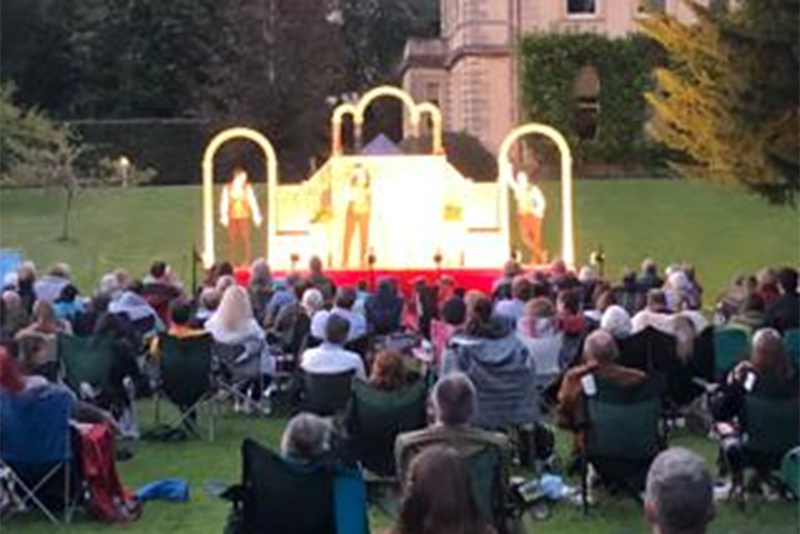
Outdoor events
Illyria Theatre company, Goldney Hall
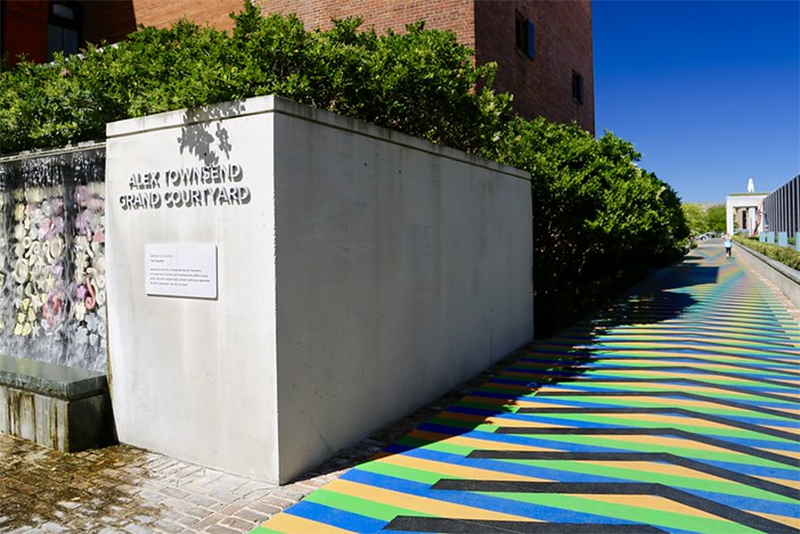
Public realm interventions
Chroma, Carlos Cruz- Diez, 2017, SCAD Museum of art. Image CC BY-NC 2.0
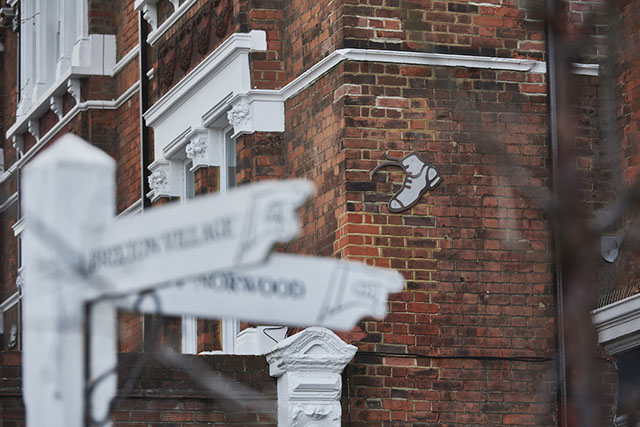
Distributed trails
Caroline McCarthy, Flying Boots and Eyes on Fire. Photo: Amit Lennon, Courtesy Contemporary Art Society
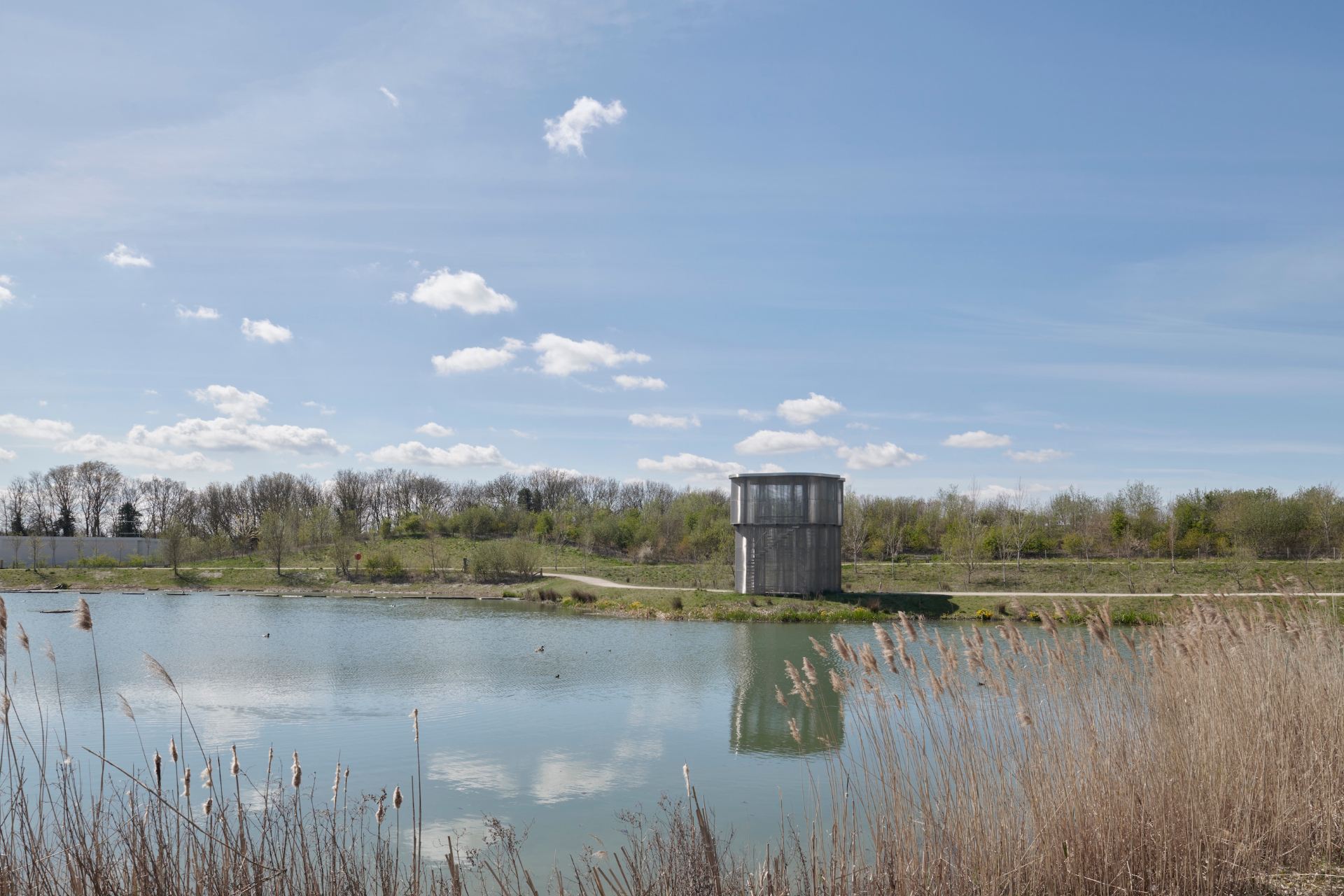
Wild spaces
Winter and Hoerbelt, Fata Morgana Teahouse. Photo: Jo Underhill

